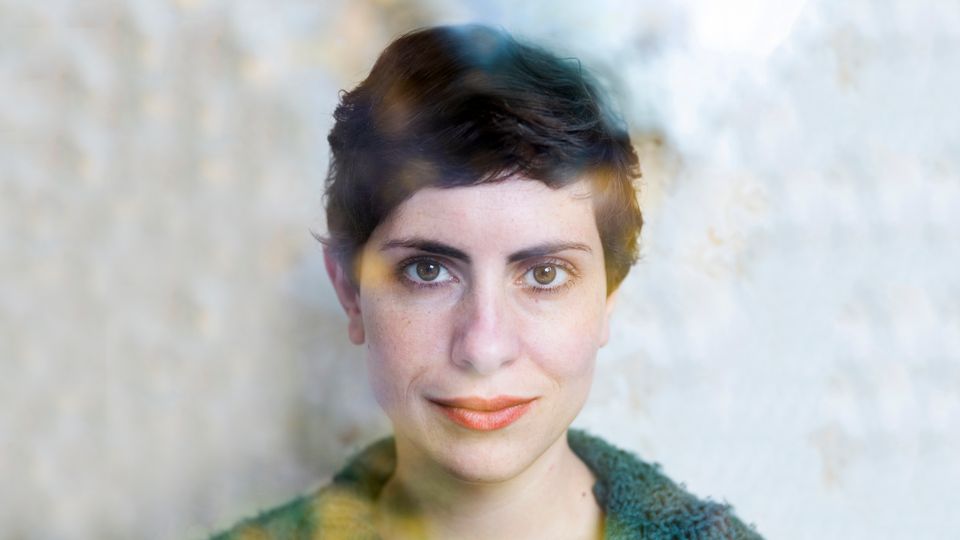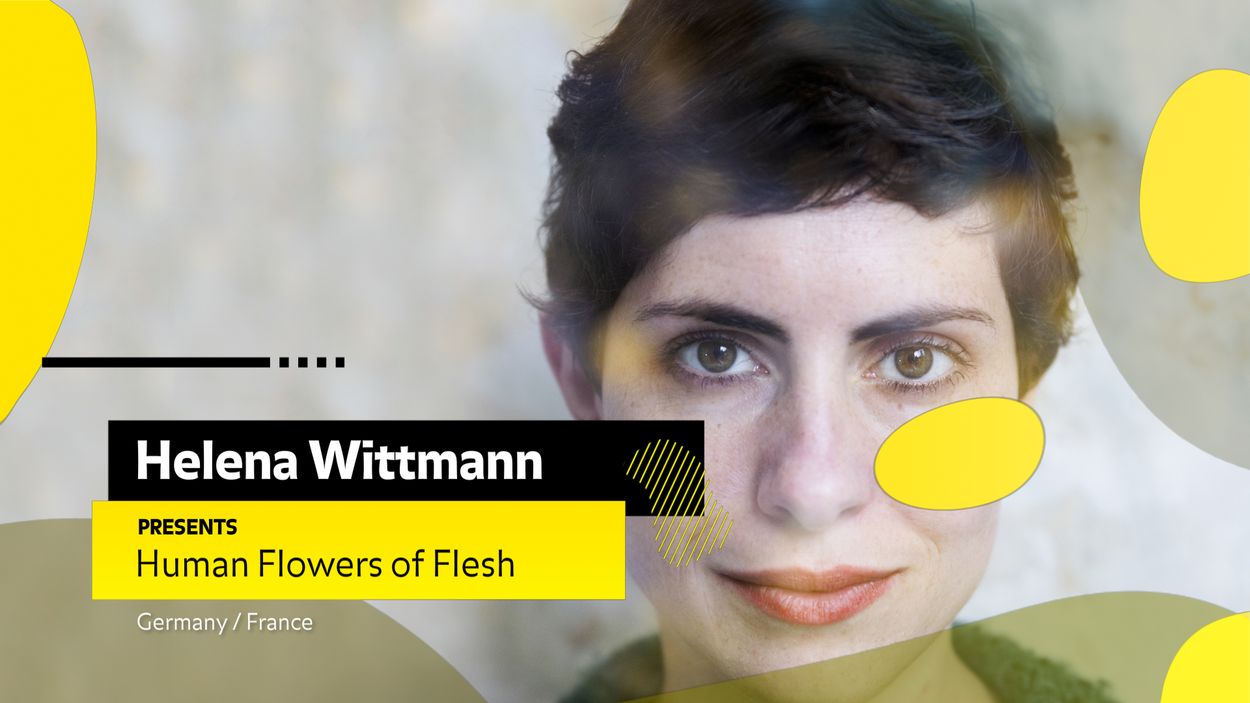Human Flowers of Flesh
by Helena Wittmann
Germany/France
Produced by
Fünferfilm: Frank Scheuffele, Karsten Krause and Julia Cöllen
Tita Productions: Christophe Bouffil
 ©Sinje Hasheider
©Sinje Hasheider
by Helena Wittmann
Germany/France
Produced by
Fünferfilm: Frank Scheuffele, Karsten Krause and Julia Cöllen
Tita Productions: Christophe Bouffil
 ©Sinje Hasheider
©Sinje Hasheider
Following on from the impressive Drift with its hypnotic transatlantic sequences reminiscent of Michael Snow, Helena Wittmann’s second feature is set in the Mediterranean Sea. The heroine navigates along the route of the French Foreign Legion from Marseille to Sidi-Bel-Abbes via Calvi on a contemporary Odyssey that is at once political and sensuous.
– Antoine Thirion, Selection Committee

The Indian housekeeper lights an incense stick before white society enters the decadent rooms. From outside, the voice of a beggar woman keeps pushing into the building, carried by the damp air. There's no sight of her, the beggar woman, and she will not be seen in the entire film. But one can feel her, just as one can smell the heavy scent of the incense sticks, which slowly and yellowishly blend with the sultry heat. Anne-Marie Stretter, the Venetian pianist, wife of the French ambassador to India – listless and longing – dances. She appears in a mirror, regarded by us and by one of her suitors, who watches her from all sides throughout the film. Off-screen voices recall this woman, sometimes they seem to be present in the room; sometimes they seem to conjure up the scene that we see; sometimes they report on what we don't see and what echoes into the film as "world". Sometimes it's silent, completely silent. A hand passes over her white back. One hand turns in another's. Just very lightly. In the film, it's a tremor. Time passes in loops, very dense, very sinister and very seductive. And there is this song, India Song, which is heard repeatedly, and which is danced to repeatedly, and one you will not forget so quickly.
– Helena Wittmann